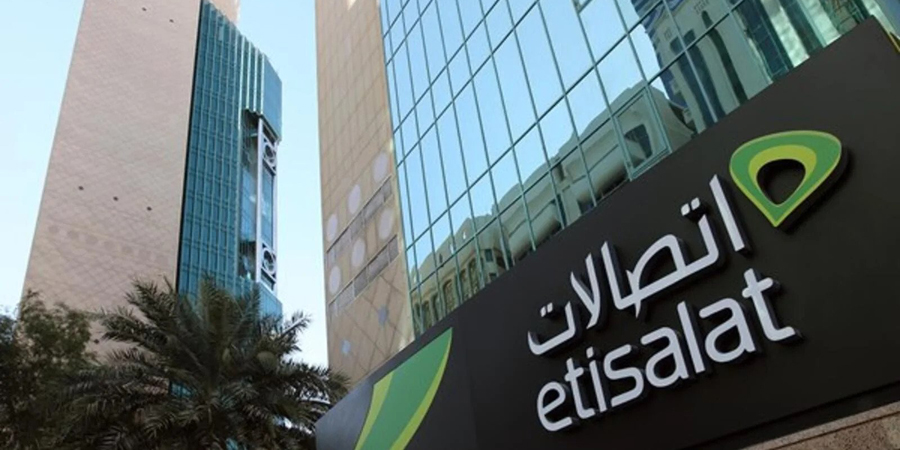Telecommunications firm Etisalat Group is set to trial 2G, 3G, 4G and 5G OpenRAN across its markets in Middle East, Asia and Africa.
According to US-based OpenRAN company, Parallel Wireless, this enables a shift to open, software-based, and virtualized OpenRAN network architectures “to overcome deployment and cost challenges, while also delivering network agility and much lower deployment and maintenance cost.”
Etisalat clarifies that its cloud-native and software-based OpenRAN approach across ‘ALL G’ significantly improves network economics by converging 2G, 3G, 4G and 5G on to one unified software platform that is easy to manage.
“This eliminates the need to maintain siloed legacy networks dedicated to just one G service resulting in the OPEX cost reduction to maintain networks,” the company affirms.
In addition, Etisalat Group confirms in a statement its objective to achieve digital transformation with the deployment of 'best-in-class technologies' to support 2G, 3G, 4G and 5G connectivity.
Parallel Wireless adds, “By decoupling the programmable RAN software from the hardware and allowing it to run on general-purpose processing platforms, the multi-technology software-defined GPP-based OpenRAN base stations will allow Etisalat to deploy ALL G systems with fully virtualized 2G, 3G 4G technology that is software upgradable to 5G. Etisalat can run simultaneously 2G, 3G and 4G on the same base station to provide commercial data and voice services to Etisalat's customers, in urban and rural scenarios. Multi-technology RRUs are software-defined and can utilize any 3GPP-compliant RAN split to connect to any COTS vBBU enabling vendor interoperability and supplier cost reduction even further.”
In November 2019, Parallel Wireless announced that MTN would deploy over 5,000 sites across its 21 operations, bringing in additional 2G, 3G and 4G connectivity.
At the time, Rob Shuter, MTN Group President and chief executive officer said, “Our Group Technology team has been pioneering OpenRAN, concluding field trials in Zambia in 2018 and deploying commercial sites from the beginning of 2019. We focus on creating viable new RAN solutions alongside the traditional deployments of network technology suppliers in order to accelerate the rural expansion in our markets.”






